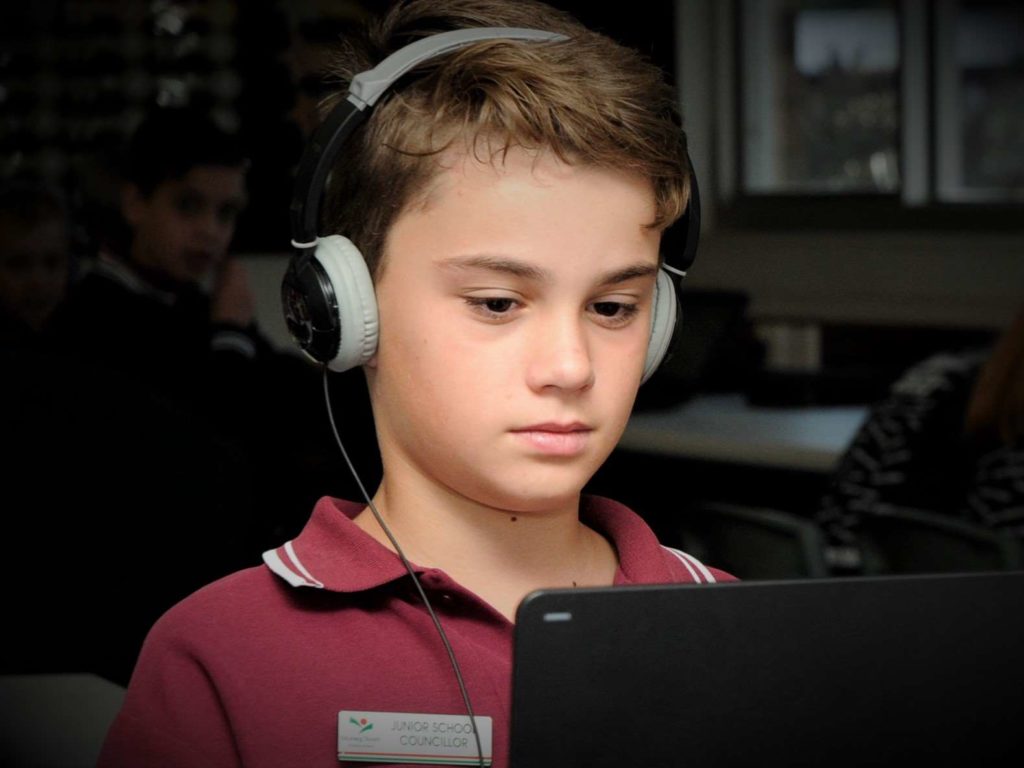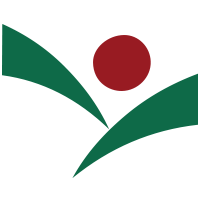The Victorian Curriculum
The Victorian Curriculum is the common set of knowledge and skills required by students for life-long learning, social development and active and informed citizenship.This Foundation to Year 10 curriculum sets out what every student in Victorian public schools should learn during their first eleven years of schooling.
The Victorian Curriculum sets out a single, coherent and comprehensive set of content descriptions and associated achievement standards to enable teachers to plan, monitor, assess and report on the learning achievement of every student.
The Victorian Curriculum incorporates and reflects much of the Australian Curriculum, but does differ in some important respects, most notably the representation of the curriculum as a continuum of learning and the structural design.
Further detail on the Victorian Curriculum can be located at http://victoriancurriculum.vcaa.vic.edu.au
English and Mathematics
English
The English curriculum is organised by into three modes. These are interrelated and the learning in one often supports and extends learning of the others. These are Reading and Viewing, Writing, and Speaking and Listening. In the classroom, literacy programs will frequently draw on more than one of these modes in order to support students’ effective learning. For example, students will learn new vocabulary through listening and reading and apply their knowledge and understanding in their speaking and writing as well as in their comprehension of both spoken and written texts.
At Morang South, The Early Years program is the base for the structures used in literacy lessons.This involves explicit teaching of literacy concepts and the grouping of students with similar learning needs for small group teacher instruction. In addition, a strategy-based approach is used which empowers the students to take ownership of the the skills they are applying in reading and writing.
Fundamental to the understandings developed in our literacy lessons is the Write to Read program. This program explicitly teaches students about the 70 codes (sound/letter correspondences) that make up the English language. Students learn the skills of segmenting and blending these codes to be able to work out unknown words and use reading strategies to comprehend the meaning in the books and texts they are reading. The Write to Read program also supports our students to develop the skills to become competent at spelling and writing.
Mathematics
The Mathematics curriculum is organised by three strands. These are Number and Algebra, Measurement and Geometry, and Statistics and Probability.
Each strand is then further organised by sub-strands. These sub-strands help to provide both a focus and a clear sequence for the development of related concepts and skills within strands and across year levels.
| Strands | Number and Algebra | Measurement and Geometry | Statistics and Probability |
| Sub-strands | Number and place value | Using units of measurement | Chance |
| Fractions and decimals | Shape | Data representation and interpretation | |
| Real numbers | Geometric reasoning | ||
| Money and financial mathematics | Location and transformation | ||
| Patterns and algebra | Pythagoras and trigonometry | ||
| Linear and non-linear relationships |
Specialist Programs
At Morang South Primary School, we ensure that children from Prep – Grade 6 develop skills and understandings in the key learning areas through our Specialist Program. Students have regular lessons in the key learning areas of:
- Languages (Italian)
- Physical Education (P.E. and Sport)
- The Arts (Music/Performing Arts and Visual Art)
- Science
Our specialist programs provide our students with rich opportunities to develop their knowledge, understandings and skills in these important curriculum areas. The Specialist programs offer focused student exploration of concepts and content related to these specific areas from the Victorian Curriculum.
Curiosity
Curiosity offers our students choice in what they want to learn about. It engages students in learning through shared common interests. Students are immersed in short learning units lead by teachers in their Year Level and given the opportunity to ask questions, consider wonderings and investigate answers. Students become researchers, collaborators, self-managers and deep thinkers through the study of areas that they are curious about. They communicate ideas and new understandings and connect with others with like-interests.
Investigations
The Investigative Learning program at Morang South gives our students the opportunity to ask questions and seek to find the answers. Students are immersed in experiences that relate to a theme, idea or concept. They then investigate areas of inquiry related to their wonderings. Investigative Learning is a research-based approach, which increases student motivation and engagement dramatically. Frequently, Investigations involve interdisciplinary explorations. For example, students might explore understandings related to Sea Life while writing poetry on the topic and learning mathematics related to statistics and probability. The teacher collects resources that support sensory exploration and creates a learning environment that supports inquiry and academic development. The skills developed during Investigative Learning help our students to become effective, life-long learners and successful citizens in the 21st century. These skills include the ability to:
- Make decisions
- Inquire and solve problems
- Persist
- Be resilient
- Work cooperatively with others
- Communicate effectively
- Respect others’ point of view
- Reflect on their own learning
The students will be given opportunities to vary the way in which they work. Sometimes they will work independently and at other times with a partner or in a small group. While the students are involved in their personal or collaborative investigations, the teacher scaffolds individual learners, targeting instruction at each students’ own level.
Technologies
At Morang South Primary School we provide an integrated approach to the use of computer technologies across the curriculum. Students use a variety of devices as part of the learning process. Students learn how to use technologies through its application within curriculum programs. Students and teachers are able to access a wide range of technology including laptops, netbooks, iPads, digital cameras, display devices and the Internet. The use of wide variety of interactive, engaging software and apps encourages students to explore concepts and ideas, as well as communicate understandings, create solutions and design possibilities.
Our Year 3 to Year 6 students participate in a personal device program where families are requested to purchase a school specified netbook that they use in the classroom and at home. This not only enhances the home school partnership but provides a real context to educate students in cybersafety. Additionally, iPad banks are also provided for small group activities. There are also Netbook and iPad banks used regularly as part of the learning program in Foundation to Year 2 classrooms.
At Morang South Primary School we ensure that alongside the use of technology are programs that support and promote cyber-safety. Our children are part of the digital era and need support in learning to navigate the online world. We need to ensure our schools are equipping our children with the knowledge and strategies to manage themselves online. Morang South Primary School is an eSmart school. Students have regular lessons on how to use technology safely, be responsible online and how to be cybersmart. Students using leased devices are also required to sign an eLearning Agreement.


